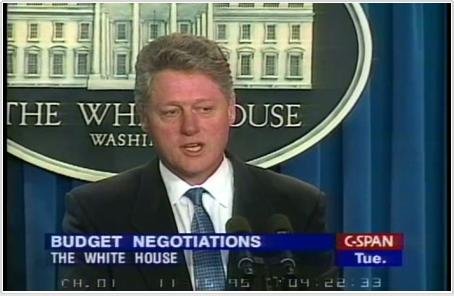IRS Announces New IRA Rollover Limitation
In 2008, an affluent New York City couple made a series of withdrawals and transfers among contributory IRAs, rollover IRAs and non-IRA investment accounts, all with the long-established 60-day deadline for tax-free IRA rollovers in mind. As esteemed tax attorney Alvan Bobrow and his wife withdrew and rolled over a series of five-figure sums within a six-month period, they assumed their actions were permissible under the Internal Revenue Code. In January 2014, a U.S. Tax Court judge ruled otherwise...

RMD Precautions & Options
An important reminder about mandatory withdrawals from IRAs & other retirement plans...

Getting it All Together
Where is everything? Time to organize and centralize your documents - here is a list and step-by-step instructions for you to consider.

End-of-the-Year Money Moves
Even if your 2013 has been relatively uneventful, the end of the year is still a good time to get cracking and see where you can plan to save some taxes and/or build a little more wealth.

Annual Financial To-Do List
What financial, business or life priorities do you need to address for 2014? Now is a good time to think about the investing, saving or budgeting methods you could employ toward specific objectives. Some year-end financial moves may prove crucial to the pursuit of those goals as well.

Women & Money Paralysis
There is an old belief that women are more cautious about money than men, and whether you believe that or not, both women and men may fall prey to a kind of money paralysis as they age – in which financial indecision is regarded as a form of “safety.”

What Women Should Not Retire Without
When our parents retired, living to 75 amounted to a nice long life and Social Security was often supplemented by a pension. How different things are today! The good news is that life expectancy for women – as measured by the Centers for Disease Control – is now 81.1 years. The Social Security Administration estimates that the average 65-year-old woman today will live to age 86. Given these projections, it appears that a retirement of 20 years or longer might be in your future.

Why Women are Prepared for Financial Success
Statistics don’t mean everything. Read enough about women and money online, and you will run across numbers indicating that women finish a distant second to men in saving and investing. Depressing?

Women Need to Take Charge of Their Money
Many women are in charge of their financial lives, and proudly so. Some have become their own financial captains as a result of life events; others have always steered their own ships. Even so, there are too many women who are left out of financial decision making – some by their own choice.

The 1995-96 Government Shutdown and Its Impact
In late 1995, the economy had been expanding – similar to today. Stocks were on a tear: a powerful bull market had begun in 1992, and it was far from over. Between 1992 and 2000, the Dow rose about 7,800 points. In fact, it gained almost 3,000 points (about 75%) between January 1995 and March 1997.

What if America Shatters its Debt Ceiling?
During October, America may risk running out of cash. Treasury Secretary Jacob Lew recently urged Congress to lift the federal debt limit before October 17. Secretary Lew claims that if nothing is done by that date, the Treasury will have only about $30 billion in available cash to pay down as much as $60 billion in daily net expenditures. The nonpartisan Congressional Budget Office has a slightly different opinion: it believes that the government will run out of free cash sometime between October 22 and November 1 if a stalemate persists on Capitol Hill.

Pension Questions After Detroit Bankruptcy
In the wake of Detroit’s fiscal problems, current and future pension recipients across the country are wondering about the stability and amount of their promised incomes.

How Impatience Hurts Retirement Saving
From 1993-2012, the S&P 500 achieved a (compound) annual return of 8.2%. Across the same period, the average investor in U.S. stock funds got only a 4.3% return. What accounts for the difference?
The FED Perturbs the Markets
On June 19, the Federal Reserve let investors know that “easing without end” will eventually end, perhaps as early as mid-2014. Wall Street had anticipated such a signal, but investors still reacted emotionally to the news, with the Dow Jones Industrial Average ceding all of its May and June gains in less than two market days. (The index fell 206 points on June 19 and 354 points on June 20.) Bears see the air quickly coming out of the rally; bulls think the rally will pause during the turbulence, then resume.

Understanding the Markets
If you stopped most people on the street, you’ll find they have only a hazy understanding of what most financial and economic terms signify or reference. If you’ve ever been left dizzy by the jargon of the financial world, here is a brief article that may help clarify some of the arcana.
Could the Bulls Still Run Without the Fed?
If the central bank ceased easing, could stocks continue their ascent?
What Happened to "Sell in May"??
An old belief has lingered on Wall Street for years – the belief that investors should get out of stocks in May and get back into stocks in October. But here we are in May – and while...
7 Retirement Assumptions to Reassess
What makes financial sense for some may not make sense for you.
What Does the Dow's Record High Really Mean?
As the Dow Jones Industrial Average settled at a new all-time high of 14,253.77 on March 5, the psychological lift on Wall Street was undeniable – the market was finally back to where it was in 2007. Or was it?
